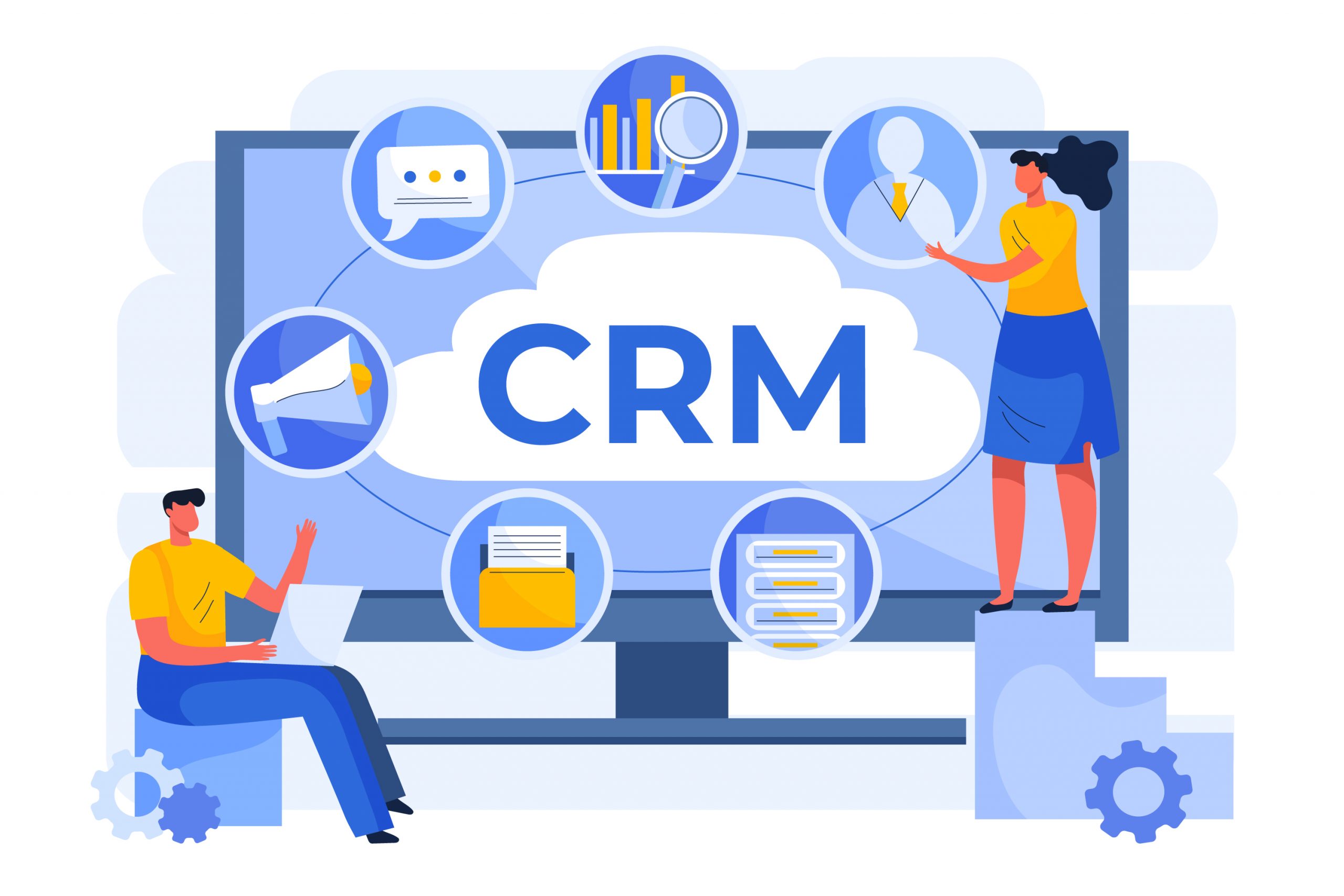Introduction
There comes a time when looking for a customer lead or data through hundreds of spreadsheets, hopping from one document to another or from one system to another becomes very tedious. Trying to scrutinize sales opportunities similarly by checking scribbles on Post-it notes is also no longer an option.
A good Customer Relationship Management (CRM) System improves internal organization and processes and thus enhances customer relations. Choosing a CRM system is consequently very important for business growth. The customer data can be used to provide insights into the customer and help optimize the efforts of the sales and marketing teams.
There are many solutions available but the quandary here is how to select the right fit for you. One has to consider various factors such as deployment options, ability to customize, cost, scalability and business value. In this article, we’ll be looking at some of these concerns.
Benefits and Features
A good CRM system helps you to cultivate long-term relationships, by understanding your customers and their preferences. It does so in the following ways:
Capturing and Managing Contact Information: A CRM tool can capture all incoming emails, access social media profiles and store customer history in one convenient place. It thus provides access to all customer data in a synchronized way so that you can use it better.
Tracking Tasks and Activities: With a CRM tool you can track the calendar, tasks, activities and schedule meetings from a single dashboard. You can assign tasks, monitor their progress and follow up with prospects at the right time.
Generate Leads: The CRM tool can help you prioritize leads and thus help you in converting them to sales
Accessing Custom Reports: You can generate customized reports and analyze the results of your sales and marketing efforts
Automating Processes: You can automate processes like email-marketing, lead follow-up, and reminders and thus save valuable time.
Choosing the Right CRM
Prioritize your Goals: It is important that you understand what problem you are trying to solve with a CRM. Put the following goals in order of importance to your business:
- Track Leads and Lead Activity
- Track Customer Base
- Track Opportunities and Closing Rates
- Offer Connectivity Between Teams
- Manage Relationships
- Generate Customized Reporting
- Organize Business Operations
- Increase Profitability
- Increase Productivity
Consider The Implementation Time: Any time you are changing or introducing new software, there is going to be a period of implementation. Implementation can incur substantial costs and will take time away from your teams’ current obligations, so take that into consideration
Prepare The Team: Sometimes your sales team can feel threatened due to change in the way things are done. Assure your sales team and involve them in the CRM selection process, so that they understand the advantage in using the new system
Consider Accessibility: Your sales team will most likely be mobile and will use a plethora of devices, from phones to tablets to laptops, to access your new CRM system. Look for a tool that can be accessed using a variety of web-enabled devices.
Layout Your Processes: Everyone’s business processes are different. You want a CRM that enhances your processes and will adapt and grow with your business
Review Compatibility With Current Software: With compatibility becoming less of an issue with multitude of APIs being available, you still want to ensure that the required APIs are available. In case you don’t know how to interface APIs, you must ensure that a third-party platform is available that can help you to connect all your systems.
Dig into the Product Demo: Make the most of the product demo. Take the time to scrutinize all aspects and don’t be in a hurry
Assess Reporting Capabilities: Consider the analytical tools in the CRM. Generating good reports can make all the difference in optimizing your business processes. It helps in understanding what works and what doesn’t
Conclusion
There is no doubt that a CRM system plays a critical role in any business. No matter the size of the company, it is helpful to clearly map out your needs and requirements along with a budget to come up with a solution.
In the beginning your business may not need all the features and gadgetry of a CRM system, but as you grow you could definitely do with the organization and advanced functionalities. Therefore you want to make sure that you choose the best system that will serve you initially and keep adapting to your needs as much as possible as you evolve.
